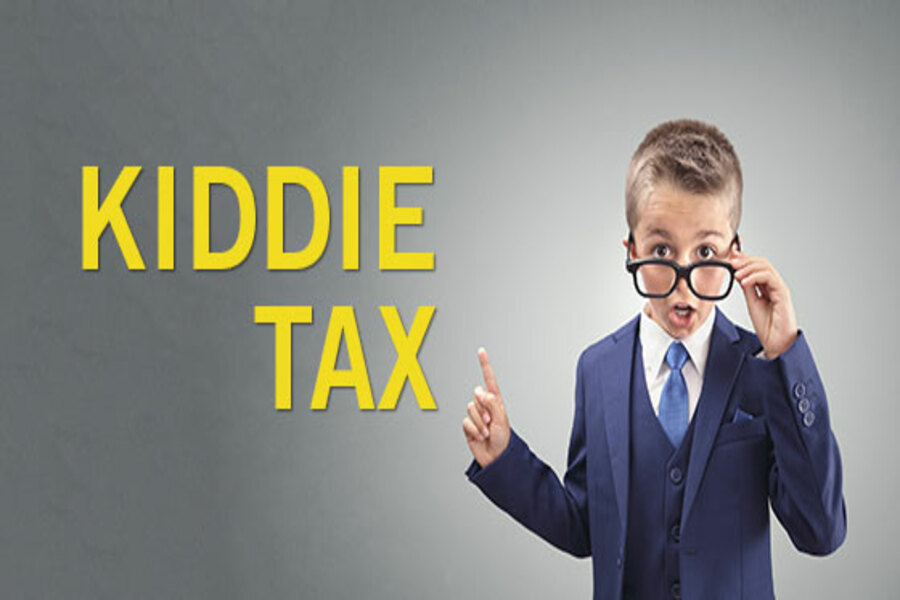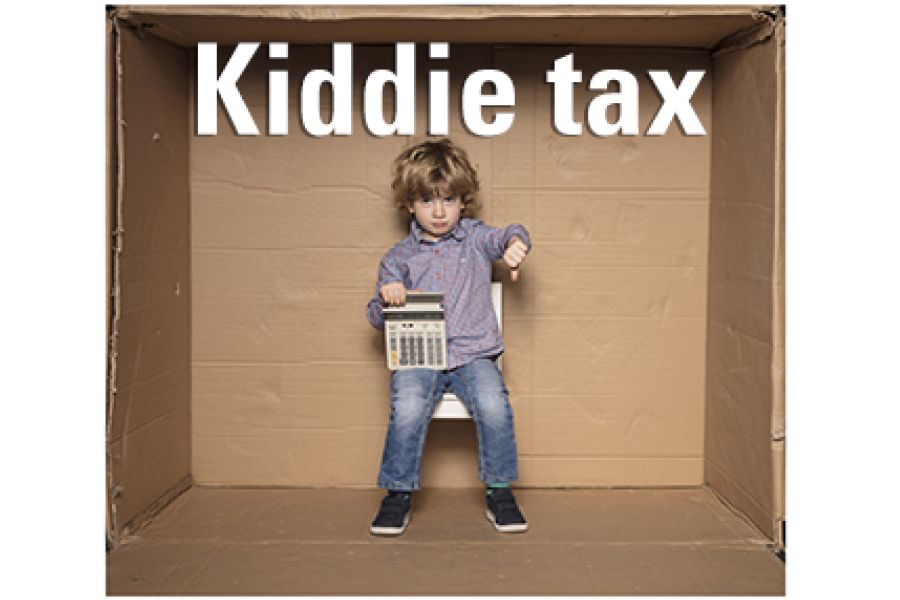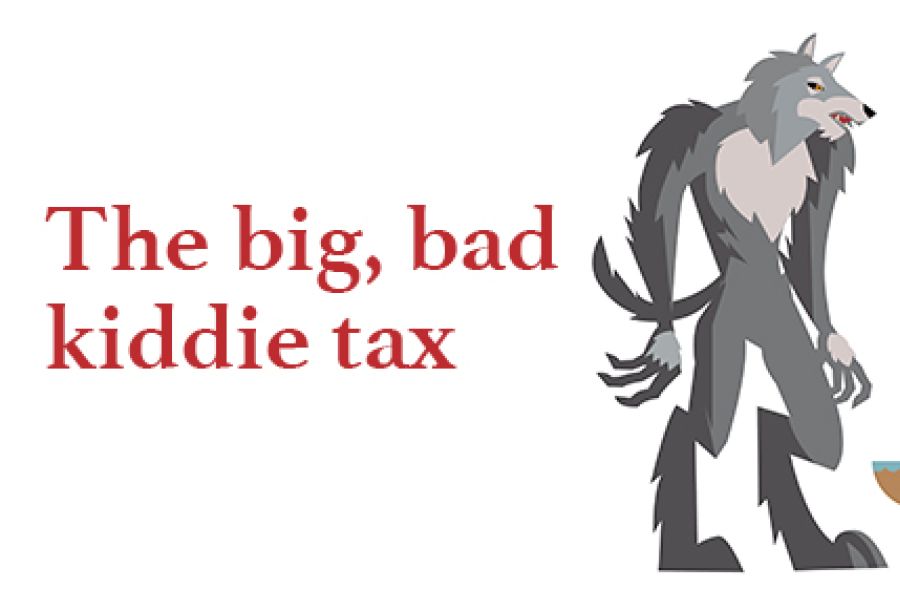The so-called “kiddie tax” can cause some of a child’s unearned income to be taxed at the parent’s higher marginal federal income tax rates instead of at the usually much lower rates that a child would otherwise pay. For purposes of this federal income tax provision, a “child” can be up to 23 years old. So, the kiddie tax can potentially affect young adults as well as kids. Kiddie tax basics Perhaps the most important thing to know about this poorly understood provision is that, for a student, the kiddie tax can be an issue until the year that he or she turns age 24. For that year and future years, your child is finally kiddie-tax-exempt. The kiddie tax is only assessed on a child’s (or young adult’s)...






